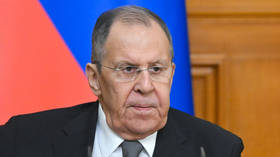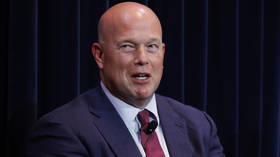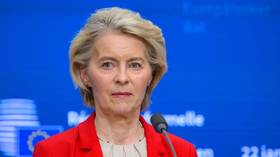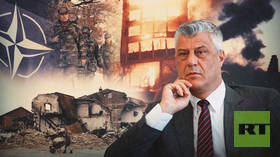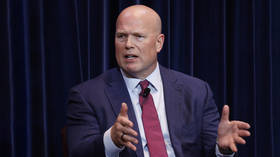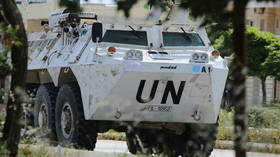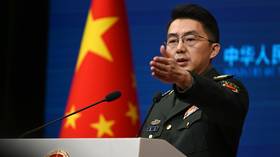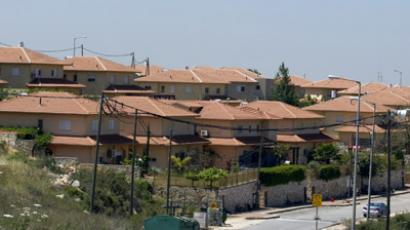'Boycott them!' UN rapporteur slams companies aiding Israeli settlements
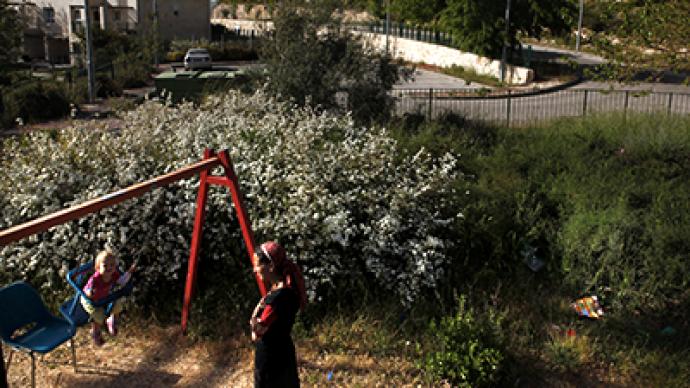
A special rapporteur for the UN’s Human Rights Council has called for a boycott on all companies involved with Israeli settlements until they adhere to international rights standards. Israel and the US have condemned the move.
In a report presented to the UN General Assembly, American professor Richard Falk said that many US, European and Mexican companies appeared to be violating international human rights and humanitarian laws. The companies are allegedly exploiting Palestinian resources, helping Israel construct illegal settlements and providing security for settlers.Falk said the call for a boycott is an effort to take infractions of international law seriously. He said the pace of Israeli settlement building has accelerated and that Israel has ignored UN resolutions condemning the practice, so “there is a sense that what the UN says doesn't count.”Although Falk admitted that further investigations were necessary to determine severity of the violations, the US and Israel were quick to condemn the report, accusing the UN special rapporteur of bias against Israel and calling for his removal.US Ambassador Susan Rice stated, “Mr. Falk's recommendations do nothing to further a peaceful settlement to the Israeli-Palestinian conflict and indeed poison the environment for peace. His continued service in the role of a UN Special Rapporteur is deeply regrettable and only damages the credibility of the UN.”Spokesperson for the Israeli Mission Karaen Peretz added that, “Israel is deeply committed to advancing human rights and firmly believes that this cause will be better served without Falk and his distasteful sideshow. While he spends pages and pages attacking Israel, Falk fails to mention even once the horrific human rights violations and ongoing terrorist attacks by Hamas.”The Anti-Defamation League urged UN Secretary-General Ban Ki-moon to rescind his preliminary endorsement of the report. Ki-moon has previously said that settlement activity is illegal, and “runs contrary to Israel's obligations under the Road Map and repeated Quartet calls for the parties to refrain from provocations.”Representatives from several countries in the UN General Assembly – including Egypt and Iran – praised Falk's report as fair.Richard Falk, an American professor emeritus of international law at Princeton University, previously angered Israel by comparing the country to Nazi Germany, and accusing it of crimes against humanity for its treatment of Palestinians.Since 2008, Israel has barred Falk from visiting the Palestinian territories.In July 2012, the UN Human Rights Council initiated a probe into Jewish settlements. Israel responded by saying it would bar the Council's experts from accessing the sites.The vast majority of the international community considers the settlements in the occupied territories to be illegal. The United Nations has repeatedly upheld the view that Israel's construction of settlements constitutes a violation of the Fourth Geneva Convention.The International Court of Justice also said the settlements were illegal. No foreign government actively supports Israel's building of settlements.Israel disputes the position of the international community and the legal arguments deeming the settlements illegal. The country cites its historical and biblical links to the West Bank, saying the status of the settlements should be decided in peace negotiations.


